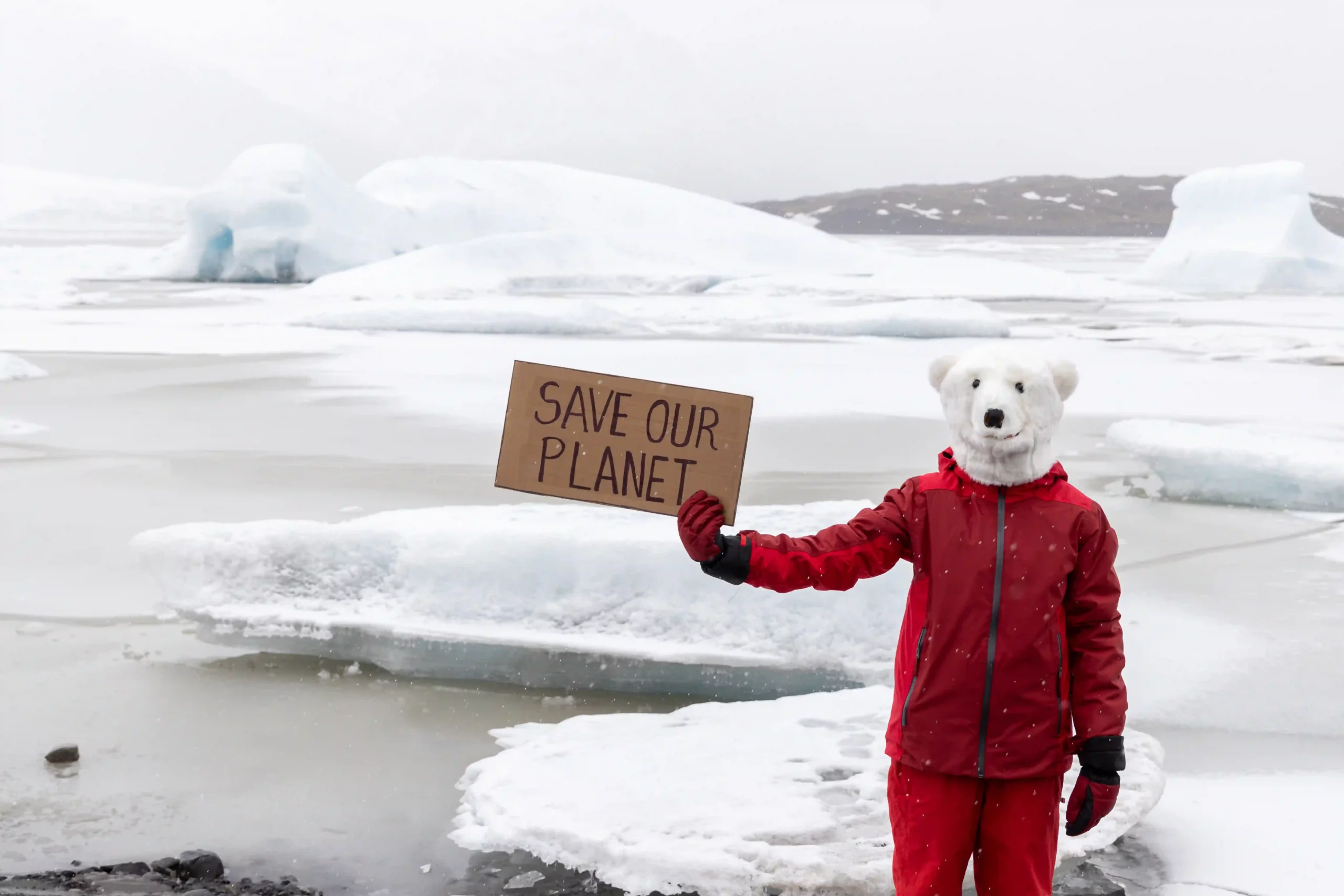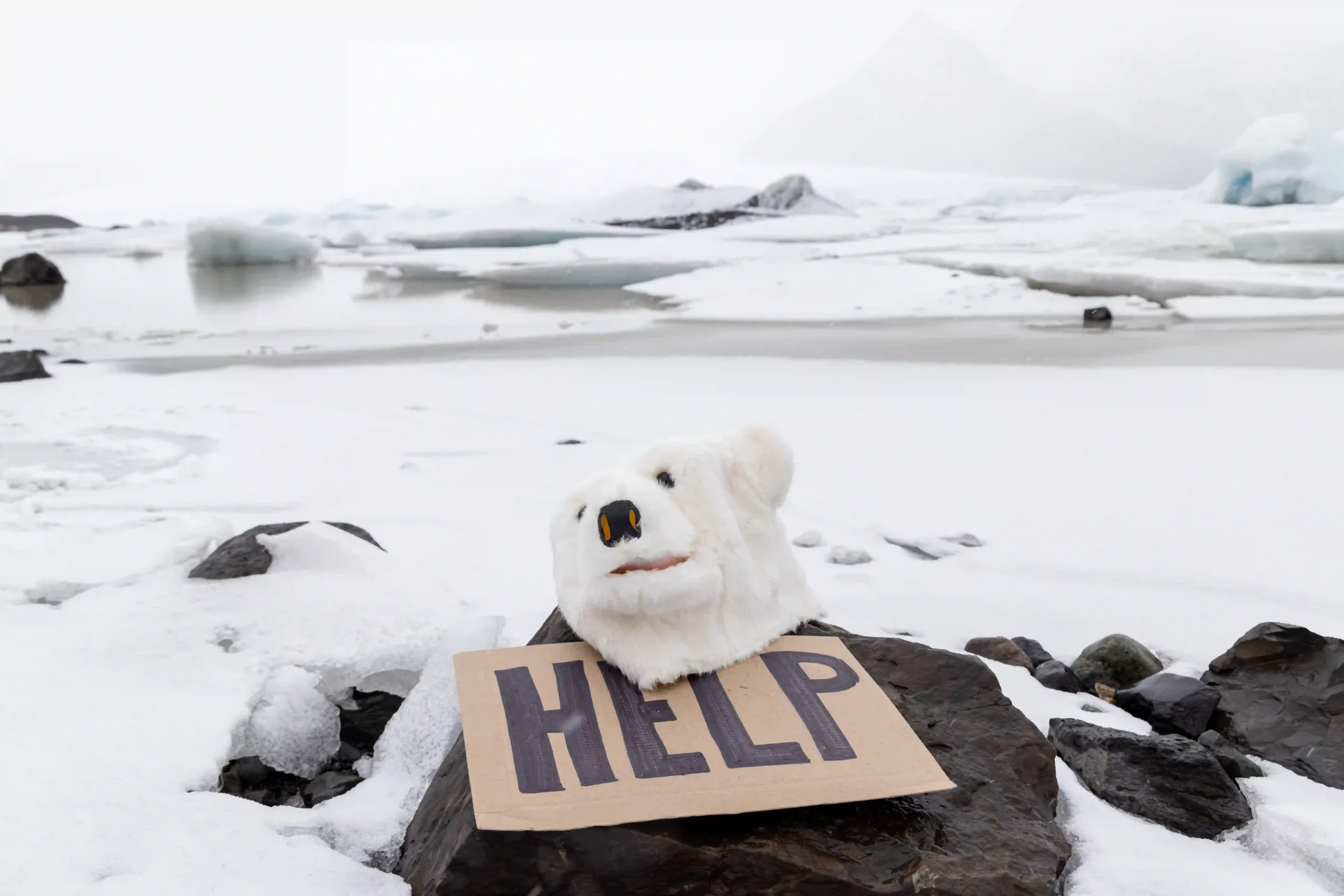Do you want to know what exactly climate change is? I’m sure it’s more than just shifts in temperature; it involves a profound transformation in Earth’s intricate climate patterns, predominantly driven by human activities. Grasping the depth and consequences of climate change is crucial for individuals, communities, and governments worldwide.
The Evidence of Climate Change
Escalating Global Temperatures
Digging into historical temperature records reveals an unwavering increase over the last century. Earth’s surface is getting warmer over time, ushering in extreme weather events like hurricanes and heat waves since the mid-20th century.
Shifting Precipitation Patterns
Climate change shows its impact through the global dance of precipitation. Certain regions experience heightened rainfall, while others grapple with diminished rainfall, giving rise to catastrophic events like floods and contributing to the unsettling dance of water scarcity and drought conditions.
The Melting Process of Ice and Rising Seas
See the fast melting of Arctic ice and the quick retreat of glaciers everywhere, a clear sign of climate change. This process leads to rising sea levels, poised to disrupt coastal communities and delicate ecosystems.
Causes of Climate Change
Human Causes: Greenhouse Gas Emissions
The narrative unfolds as human activities, including the combustion of fossil fuels (coal, oil, and natural gas) and Cutting down lots of trees release copious amounts of greenhouse gases (GHGs). This process traps heat in the atmosphere, intensifying Earth’s surface warming.
Greenhouse Gas Emissions Sources
Natural Factors: Solar Flares and Volcanic Crescendos
While human activities take center stage, nature also contributes. Solar variability and volcanic activity add their own elements to Earth’s climatic conditions. Volcanic emissions, with the shifting patterns of orbital factors and ocean currents, also play a role in the overall climate change activity.
Human Impact on the Global Warming
Research Findings
Research consistently emphasizes the significant impact of human activities on recent climate change. It stresses the urgent need for us to take responsibility and actively work towards reducing global warming. Every small action contributes to climate change, so let’s join forces and strive for a better world together.
Historical Changes in CO2 Levels
The plot thickens as we trace the historical changes in carbon dioxide (CO2) levels since the Industrial Revolution. A stable pre-1800 era gave way to a dramatic rise post the 19th century, fueled by the fervor of increased fossil fuel burning.
Effects of Climate Change
Environmental Changes
Rising temperatures create a dangerous situation, endangering ecosystems and causing the loss of habitats, pushing species to the brink of extinction. Melting ice caps contribute to rising sea levels, posing a threat to polar habitats.
Impact on Ecosystems
The balance of ecosystems and biodiversity experiences a profound shift, with changes in temperature and precipitation disrupting natural habitats. The delicate interaction of plant and animal life faces challenges in migration, leading to a loss of biodiversity.
The Social and Economic Impact
The impact extends to societal and economic aspects, with climate change affecting food security. Communities deal with displacement due to extreme weather events, facing the consequences of home and livelihood losses. Vulnerable populations bear the brunt, amplifying social inequalities.
Navigating the Global Implications of Climate Change
Varied Impact Across Regions
While the impact is global, it varies across regions, disproportionately affecting vulnerable populations. The crescendo of health risks rises with extreme heatwaves and air pollution, adding to the serious tone are the impacts of diseases spreading because of a changing climate.
Initiatives to Reverse Climate Change

Global efforts, epitomized by international collaborations like the Paris Agreement and the Kyoto Protocol, are focal points in mitigating greenhouse gas emissions. Technological advancements, including renewable energy and carbon capture, Play a key part in reducing our carbon footprint.
Collective Actions
Individuals and communities, working hand-in-hand with governmental and international efforts, create a crucial ensemble in the fight against climate change. Adopting sustainable lifestyle choices, amplifying awareness, and championing eco-friendly practices empower communities to contribute to a sustainable future.
Conclusion
The complexities of climate change demand our attention on the global stage. A nuanced understanding of the evidence and causes is crucial in comprehending its far-reaching effects. Recognizing our collective responsibility for this climatic challenge motivates us to take decisive actions. A sustainable future for our planet becomes an achievable and harmonious goal through international collaborations, technological innovations, and the collective efforts of individuals and communities.


1 comment
Nice